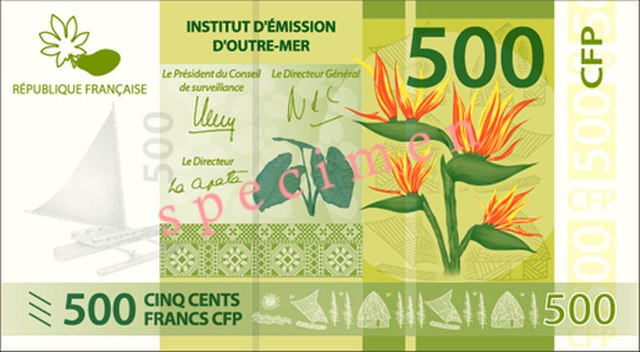North American Free Trade Agreement
The North American Free Trade Agreement was an agreement signed by Canada, Mexico, and the United States that created a trilateral trade bloc in North America. The agreement came into force on January 1, 1994, and superseded the 1988 Canada–United States Free Trade Agreement between the United States and Canada. The NAFTA trade bloc formed one of the largest trade blocs in the world by gross domestic product.
Back row, left to right: Mexican President Carlos Salinas de Gortari, U.S. President George H. W. Bush, and Canadian Prime Minister Brian Mulroney, at the initialing of the draft North American Free Trade Agreement in October 1992. In front are Mexican Secretary of Commerce and Industrial Development Jaime Serra Puche, United States Trade Representative Carla Hills, and Canadian Minister of International Trade Michael Wilson.
Obama, Peña Nieto and Harper at the IX North American Leaders' Summit (informally known as the Three Amigos Summit) in Toluca
Former President Enrique Peña Nieto with Prime Minister Justin Trudeau of Canada and then-President Barack Obama of the United States at the 2016 North American Leaders' Summit
Chrystia Freeland, Luis Videgaray Caso and Rex Tillerson in Mexico City in 2018
French is a Romance language of the Indo-European family. It descended from the Vulgar Latin of the Roman Empire, as did all Romance languages. French evolved from Gallo-Romance, the Latin spoken in Gaul, and more specifically in Northern Gaul. Its closest relatives are the other langues d'oïl—languages historically spoken in northern France and in southern Belgium, which French (Francien) largely supplanted. French was also influenced by native Celtic languages of Northern Roman Gaul like Gallia Belgica and by the (Germanic) Frankish language of the post-Roman Frankish invaders. Today, owing to the French colonial empire, there are numerous French-based creole languages, most notably Haitian Creole. A French-speaking person or nation may be referred to as Francophone in both English and French.
Distribution of native French speakers in 6 countries in 2023
The "arrêt" signs (French for "stop") are used in the province of Québec, Canada while the English stop, which is also a valid French word, is used in France and other French-speaking countries and regions.
Town sign in Standard Arabic and French at the entrance of Rechmaya in Lebanon
A 500-CFP franc (€4.20; US$5.00) banknote, used in French Polynesia, New Caledonia and Wallis and Futuna








